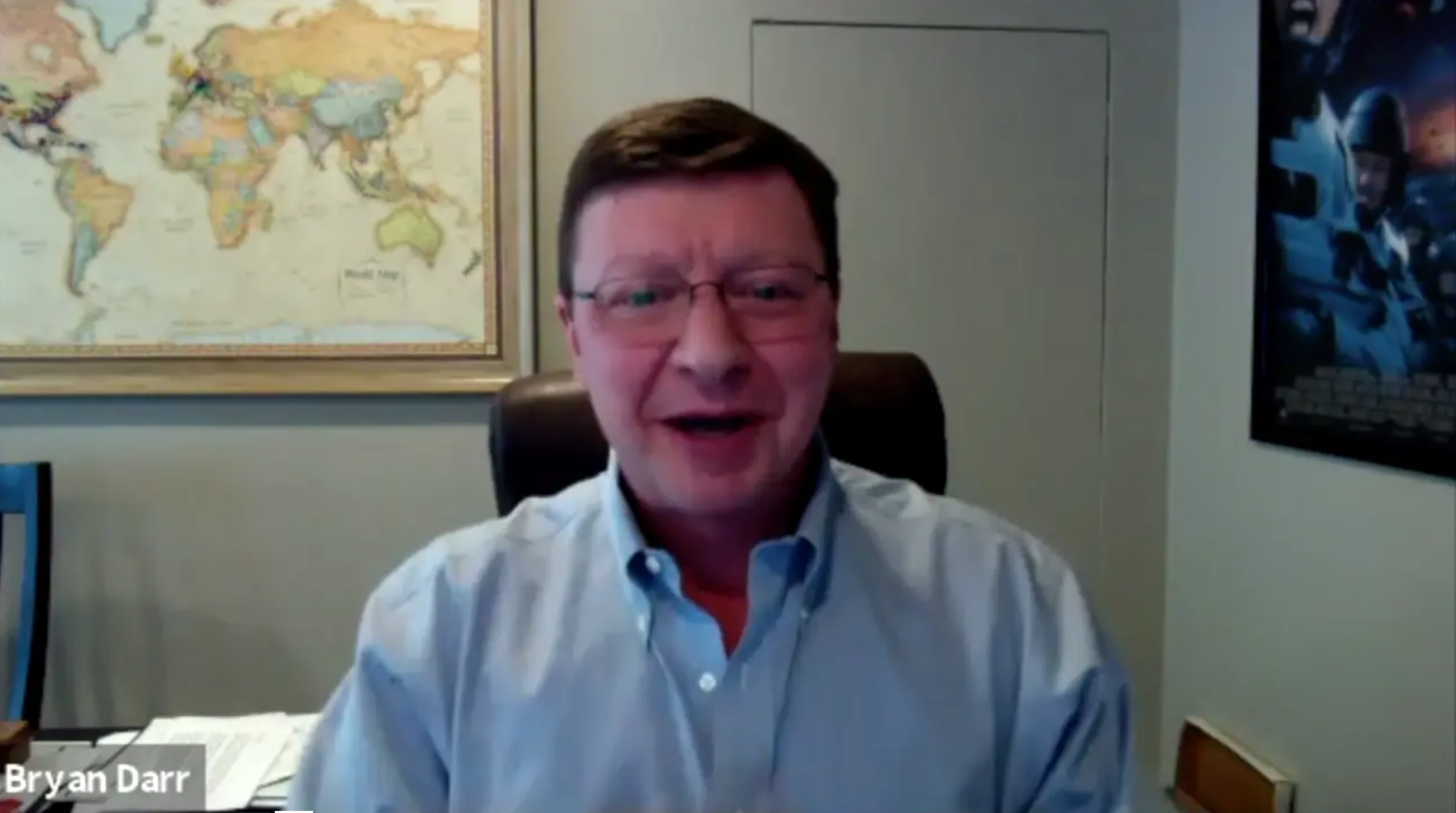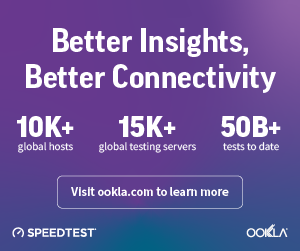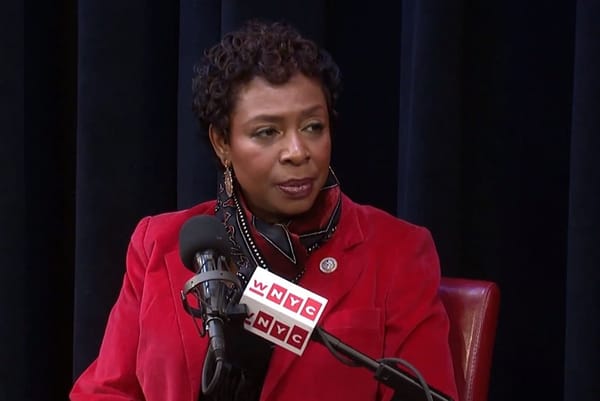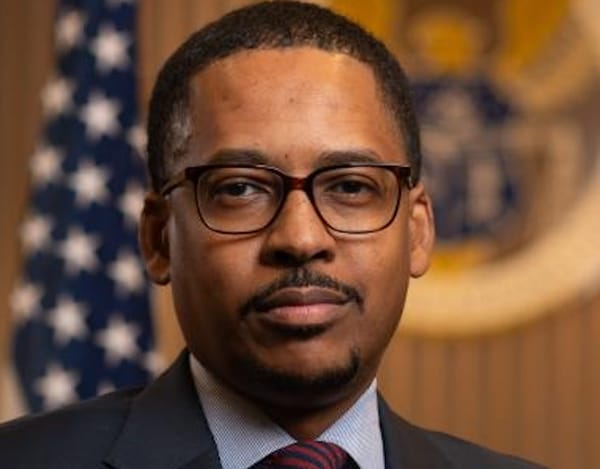Ookla Claims Obstacles in Submitting Third-Party Speedtest Data for 5G Fund
Only the FCC's own speed test mobile application is currently functioning to submit mapping challenges for the 5G Fund.

WASHINGTON, April 16, 2024 – The process of challenging claimed coverage data on the national broadband map, crucial for determining eligibility for location-based funding under the 5G Fund for Rural America, is encountering obstacles related to third-party speed test apps Ookla claims.
In a filing to the Federal Communications Commission on Friday, Ookla highlighted issues with data submission, emphasizing that only the FCC's own speed test mobile application is currently functioning as intended, and that certain requirements are hindering the submission of speed test data from apps like Ookla's Speedtest.

The FCC is actively working to correct the national map in preparation of relaunching the $9 billion 5G Fund to enhance voice and 5G mobile broadband access in rural areas it believes won’t receive the service without subsidization. The ongoing mapping challenge process is still in its early phases.
During a session with members of the Broadband Data Task Force on Wednesday, Ookla representatives stressed the importance of expanding the use of crowdsourced data, viewing it as a critical part of analyzing both mobile and fixed broadband availability nationwide. They argue that this data is essential for directing funding where it can have the most significant public impact.
Numerous organizations have emphasized the critical nature of utilizing precise mobile mapping data and establishing a robust challenge process before advancing with any auctions related to the 5G Fund.
The Ookla filing reports that an operator who drove several thousand miles, using Speedtest by Ookla to capture required throughput and latency speeds was unsuccessful in submitting the collected data to the FCC, as the submission portal required fields that are not commonly used by apps created by the private sector. The filing claims these fields may, in fact, be collected only by the FCC’s own speed test app.

In discussions with the task force, Ookla officials questioned the need for these uncommon data fields in the collection process. They reinforced the possibility that other applications may be able to capture the same service coverage information without the inclusion of such data fields.
The commission chose not to create unique testing requirements for the 5G Fund. Instead, it plans to use test metrics, data specifications, and permitted testing applications that are consistent with those already established for governmental and third-party challenges in the Broadband Data Collection process.
As the fund’s launch approaches, the FCC is encouraging stakeholders to promptly file challenges to the FCC map to ensure the accuracy of data regarding areas in need of 5G service. The commission stated its intent to use mobile availability data published on the national broadband map no later than 30 days prior to the start of bidding.
The deadline for challenge submissions and the auction's start date remain tentative. Some associations have urged the FCC to push the launch of the 5G Fund back until after states have allocated Broadband Equity, Access and Deployment Program funds in an effort to maximize federal broadband infrastructure funds and avoid duplication.
The FCC is standing firm on its decision to postpone the initiation of 5G Fund activities until it can gather more detailed data to depict mobile broadband service availability across the United States accurately. While acknowledging that this approach may not be the quickest route to awarding funds, the FCC believes it will lead to a more precise identification of areas in the country where support is most urgently needed.









